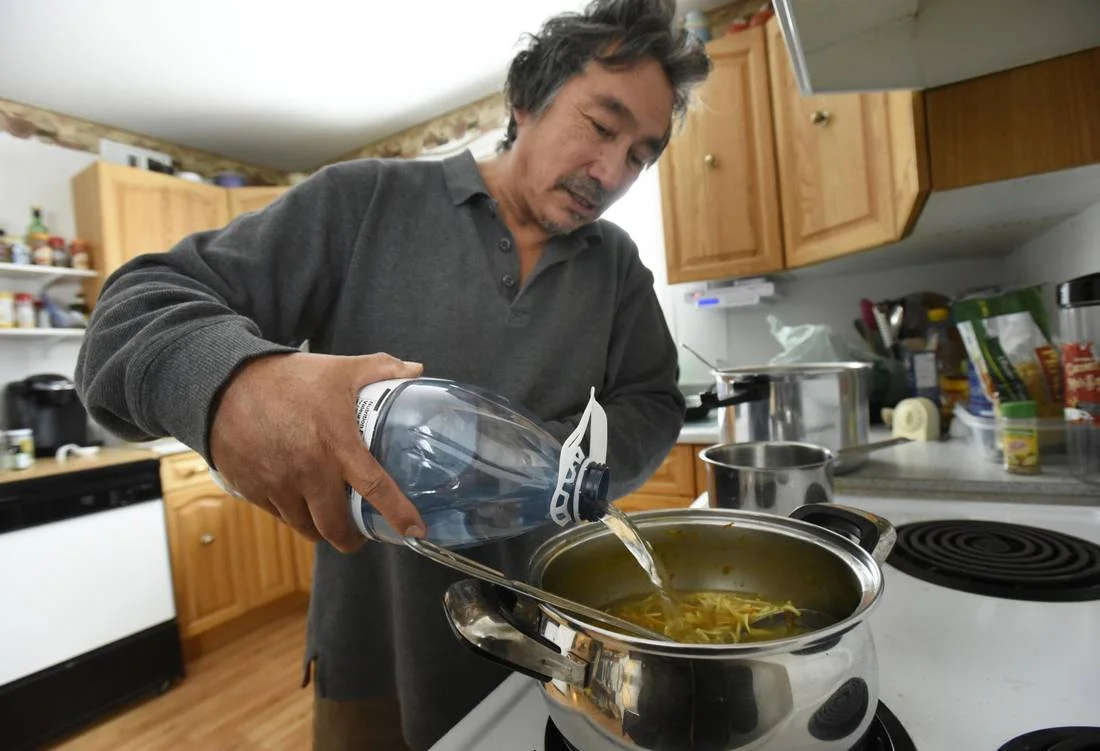When government officials were invited to Serpent River First Nation to tour dead lakes, they refused to drink the coffee and tea. They were told not to worry; the beverages weren’t made from tailings pond water. Dr. Lianne Leddy told her grandmother’s story during Nipissing University’s 2022 Anne Clendinning Memorial Lecture. Leddy is the author of the new book, Serpent River Resurgence: Confronting Uranium Mining at Elliot Lake. Dr. Leddy is a member of Serpent River First Nation and associate professor in Indigenous Studies at Wilfred Laurier University.
Indigenous activist Autumn Peltier vows to hold feds accountable for 61 boil water advisories
With tears in her eyes, Peltier has also pressed Prime Minister Justin Trudeau directly about the ongoing threat that oil pipelines pose to the environment, specifically clean drinking water. “I’m kind of still holding him accountable because I’m not going to forget that,” she said. “When you think about Canada, you don’t imagine having a crisis or issue this big because we’re looked at as a rich country." The Trudeau government promised to end all long-term water boil advisories on First Nations reserves by March 2021. As of last March, 88 were lifted, but 61 still remain. Even through the pandemic, Peltier’s activism hasn’t stopped. Along with completing her school work, she’s also been empowering other youth through online events and speaking engagements.




